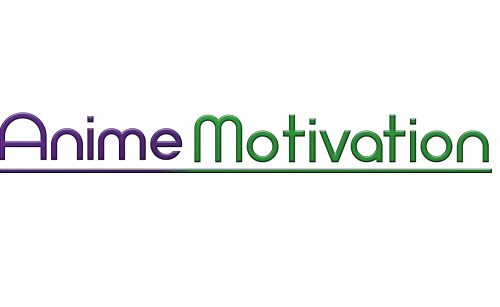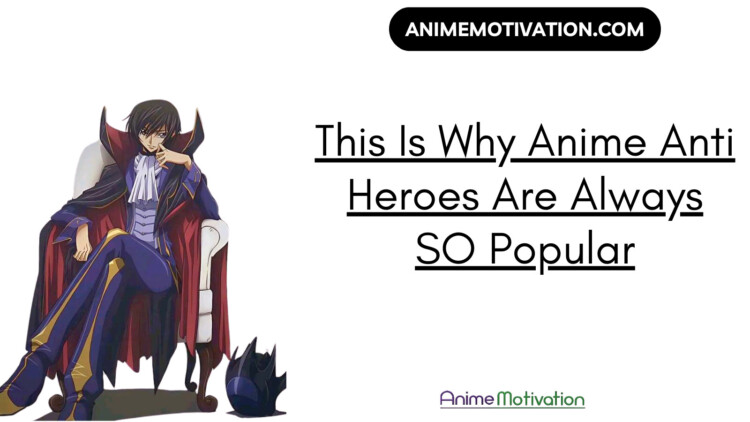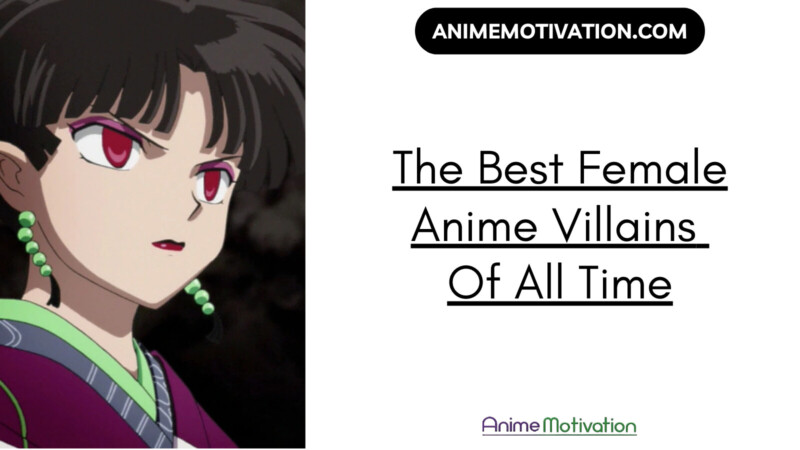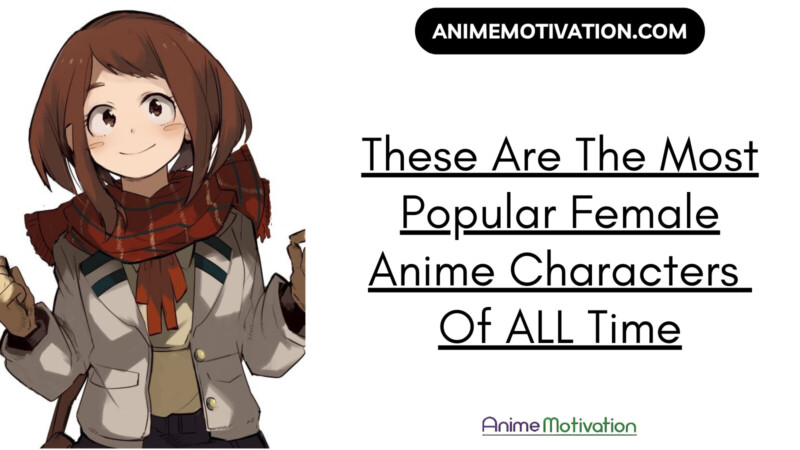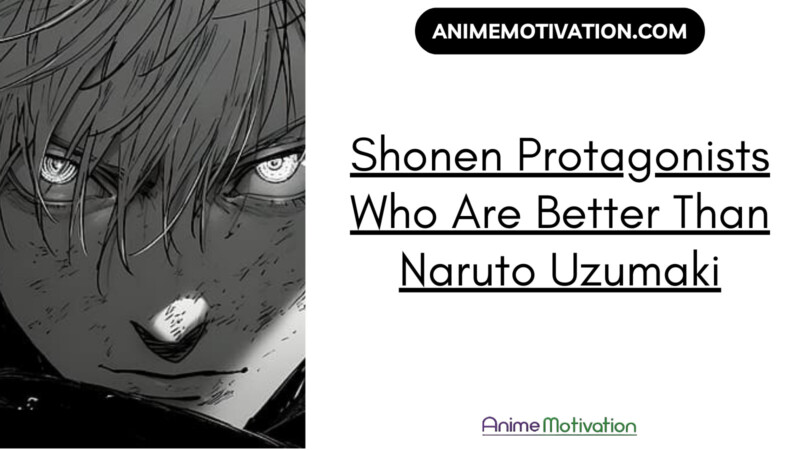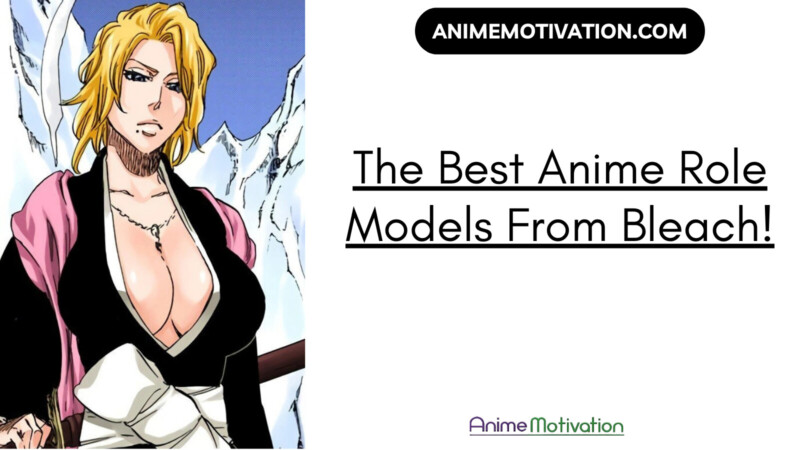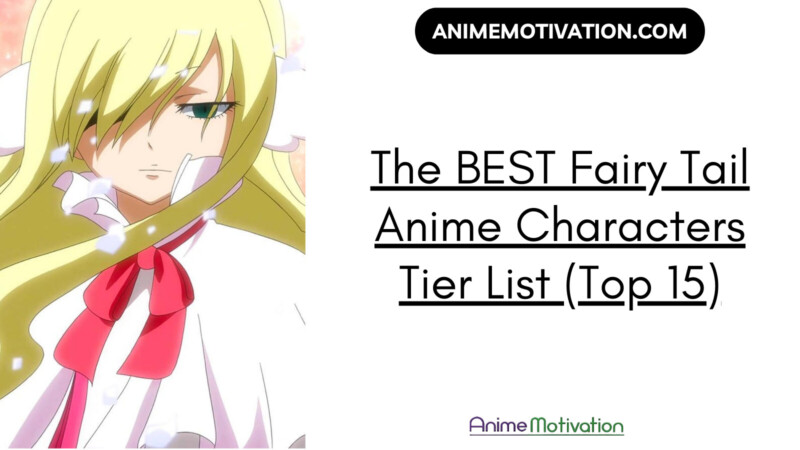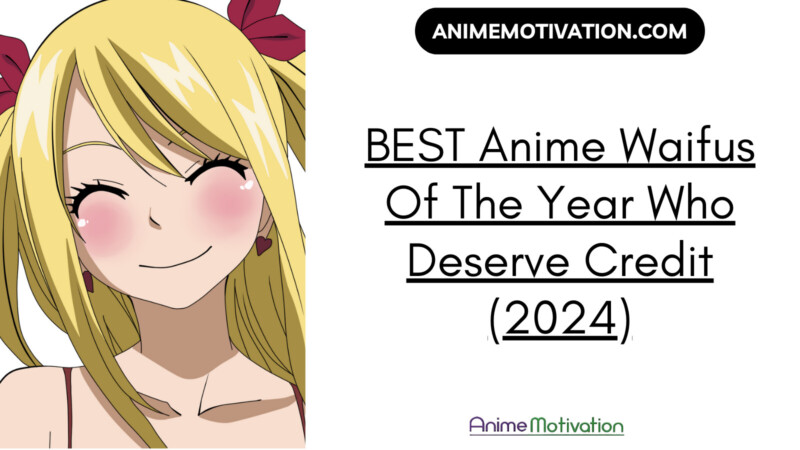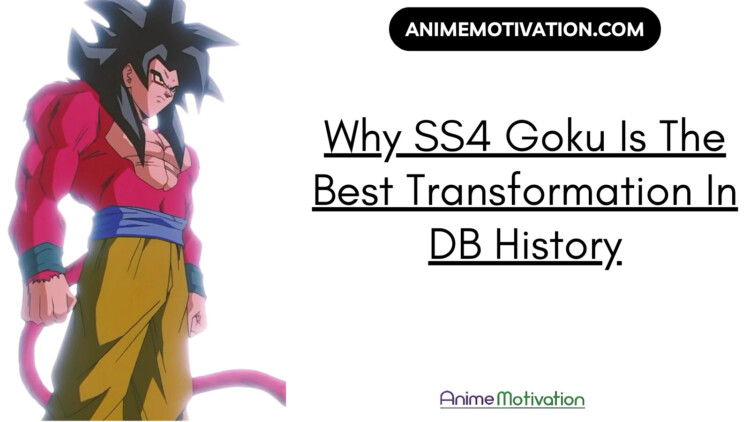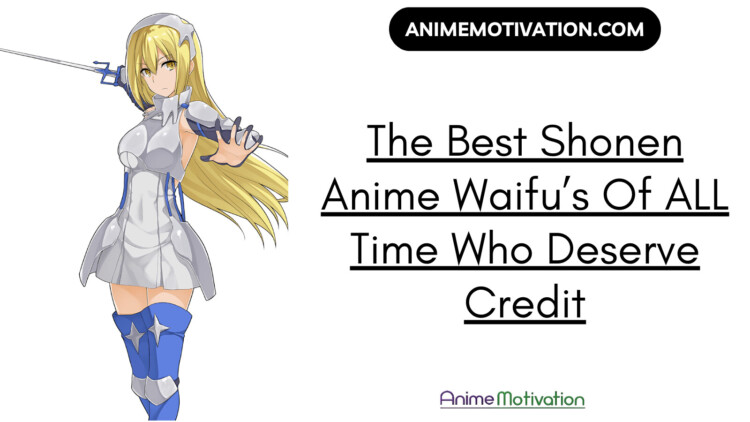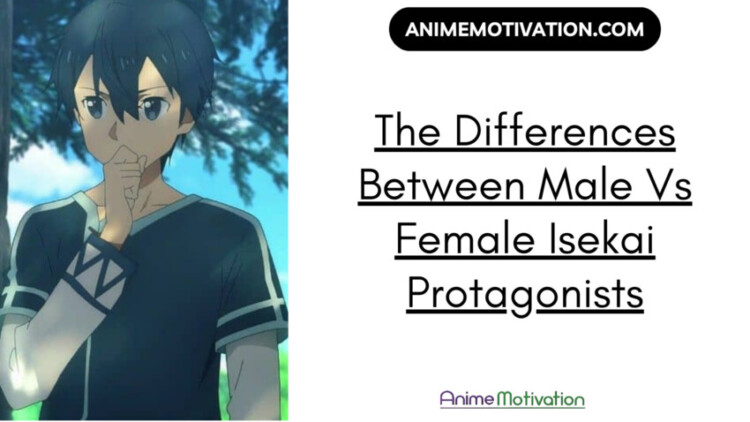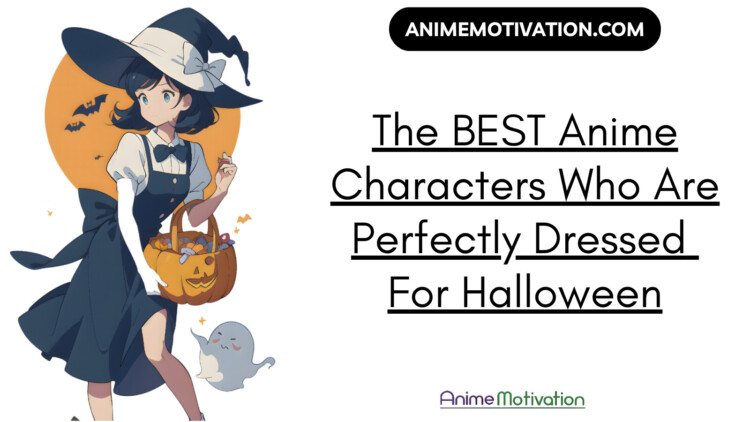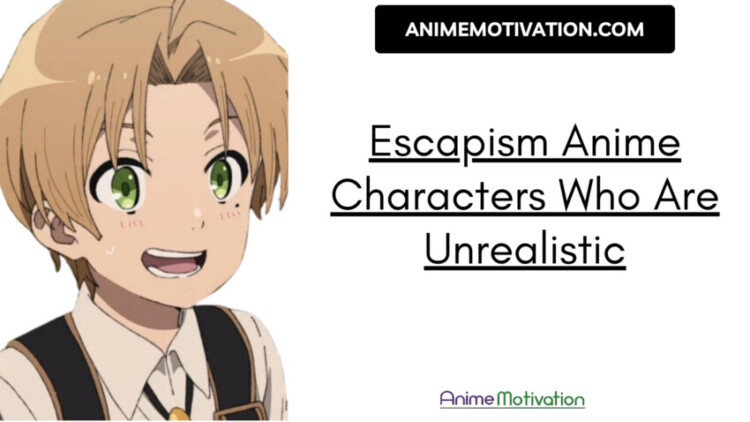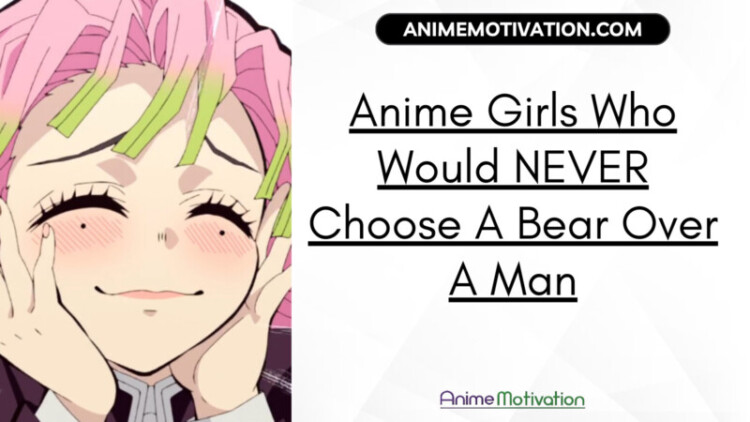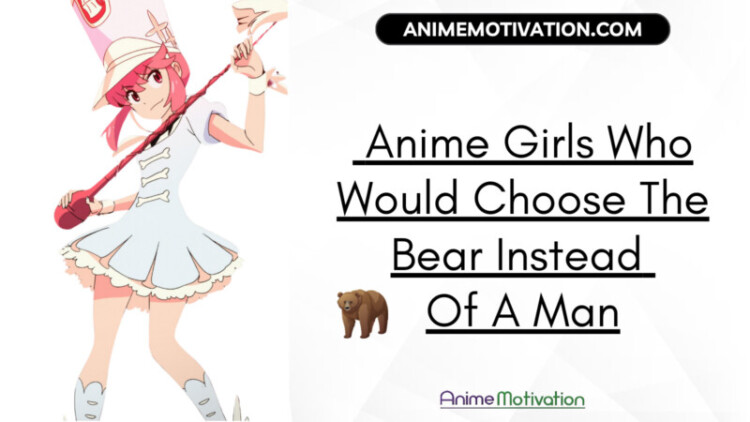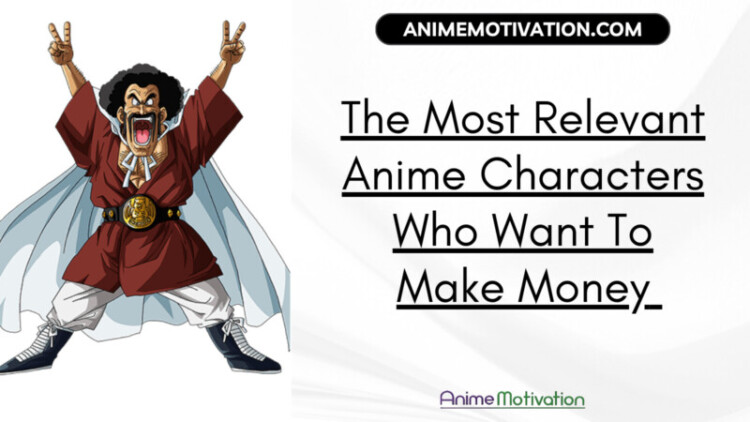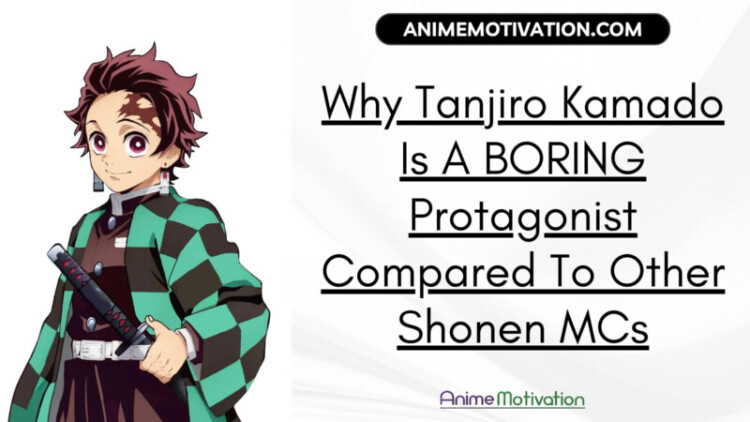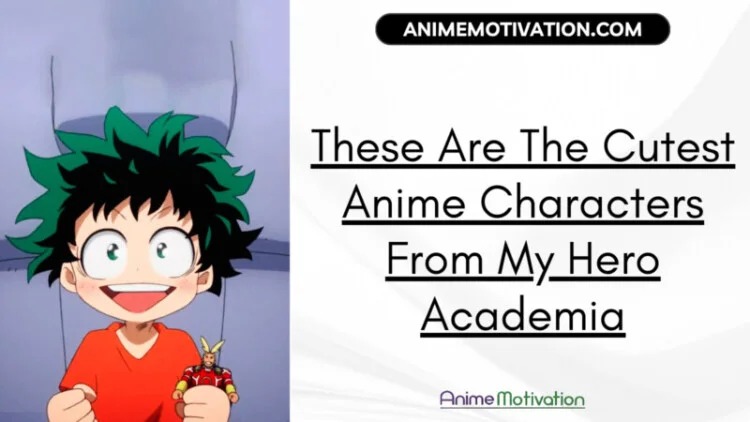Anime anti heroes. You can think of many characters who fit the description.
The question isn’t who they are or what they do, but why they’re popular and why anime fans love them so much.
So let’s answer that question.
The question of:
- What makes anti heroes so interesting?
- What makes them different?
- Why are they sometimes more famous than the “good guy” characters?
- And why are they controversial?
Here’s a list.
1. Anti-Heroes make you think

Shogo Makishima, the antagonist of the anime Psycho Pass is a perfect example to use here.
He’s one of the relevant characters of the series, and by no means is he pure, which is typical of an anti hero type of character.
In the anime, there is a thing called the Sibyl system. It forces people to live a certain way according to technology and the law around it within the futurist society they live in.
Shogo is a character who is against this system because it doesn’t allow people freedom, or free will, to do things they want to do. In his mind, it’s essentially subjugation or something closer to slavery.
His method of trying to destroy the system is violent and savage, but he makes you think in the process because of his unique perspective, viewpoints, intellect, and valid points.
He isn’t the only person against the system, but his “anti hero” stance with some villainous intent makes him one of the greatest examples of why anti heroes are loved in anime, and how they can make you think.
2. They’re stuck between a rock and a hard place

In the Naruto franchise, you have characters like Itachi Uchiha. He’s the very definition of an anti hero because of the methods he takes and the role he plays.
In the story, he is the older brother of Sasuke and they have happy memories together. That is until Sasuke finds his family and village slaughtered, with Itachi seemingly the one behind it.
As you dig through the anime and get further into the story, you realize Itachi was put into a tough position and as insane as it sounds, he had to do what he did.
In some people’s eyes, though very few (those who understand), Itachi isn’t seen as a villain and even less so by his fans in the anime. But when it comes to characters in the series, they don’t see him in the most positive light.
Anti heroes are stuck between a rock and a hard place, like Itachi Uchiha, and that becomes the thing that makes them relatable and even complex.
3. They go against all convention

Lelouch Lamperouge is one of the best examples to highlight this point. Lelouch is the protagonist of Code Geass, and on the verge of death, he gains the power of GEASS from a green-haired girl called C.C.
With it, and with the desire to protect his sister, he commits violence, savagery, and even lies to people in order to achieve his goals.
He’s not the most “ideal” character in an idealistic sense because of his methods, but he does go against all conventions while doing it. Plus, like Itachi, he is stuck between a rock and a hard place and he has to make hard decisions to get what he wants.
This makes Lelouch complex but he has elements that people can hate, but also elements that you can love and come to understand given his position.
Lelouch is a polarizing character.
4. Anti-Heroes are unique

The problem with characters who are too idealistic and who spout all that jibberish about justice, is they by comparison become stale, boring, basic, and nothing interesting in the grand scheme of things.
Being noble, humble, positive, and all those other traits do matter, but when it comes from the perspective of naivety, it can seem a lot worse.
Anti heroes aren’t like that. By definition, they’re unique because of how they see the world, and how they deal with the world’s problems, tragedies, challenges, setbacks, and difficulties.
While a “hero of justice” in a difficult scenario will try to do the right thing, because of that, they can end up losing everything or coming to regret their decisions because they didn’t prioritize one thing over another (or one person over another).
This is shown in Psycho Pass with Akane Tsunemori who comes to regret not pulling the trigger to save her best friend.
An anti hero would make the hard choice and live with it, even if the decision isn’t popular or politically correct (Kyoko Sakura, Sasuke, etc, are good examples).
Related: Why Tanjiro Kamado Is A BORING Protagonist (One Of The Worst Shonen MCs)
5. You learn more from anti heroes than “hero of justice” characters

At the end of the day, what you learn from anti heroes will always be more valuable and insightful than what you learn from characters who are too perfect and too idealistic.
Using My Hero Academia as an example, what did you learn from DEKU, the perfect guy, vs what you learned from STAIN or Toga Himiko?
Toga Himiko is a complex character with clearly good and bad traits and characteristics. She was born into unfortunate circumstances, and all she ever wanted was normalcy and love but even her own family rejected that.
That makes her perspective unique, and characters like Ochako Uraraka have enough empathy to see it.
Stain is the more literal anti hero who has a firm stance on his beliefs, and doesn’t cross the line as far as outright evil compared to others.
Deku by comparison is too sheltered, idealistic, and naive to gain any real depth from his character compared to anti hero characters in both MHA and the anime world in general.
That doesn’t mean Deku is a bad character, but not as good as the anti hero types.
–
In the end, anti heroes offer more to the table than your average hero could ever whether that average hero be All Might, Deku, Shirou Emiya, or someone else.
Anti heroes by comparison will always outshine them unless that main character has some inner conflict to spice things up, or a much more practical perspective that leans more towards realism rather than not.
–
Recommended Next:
These Are The Cutest Anime Characters From My Hero Academia!
